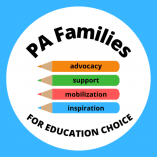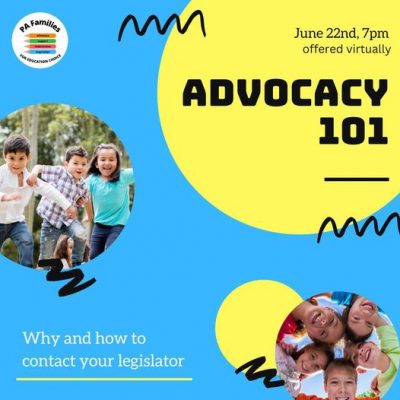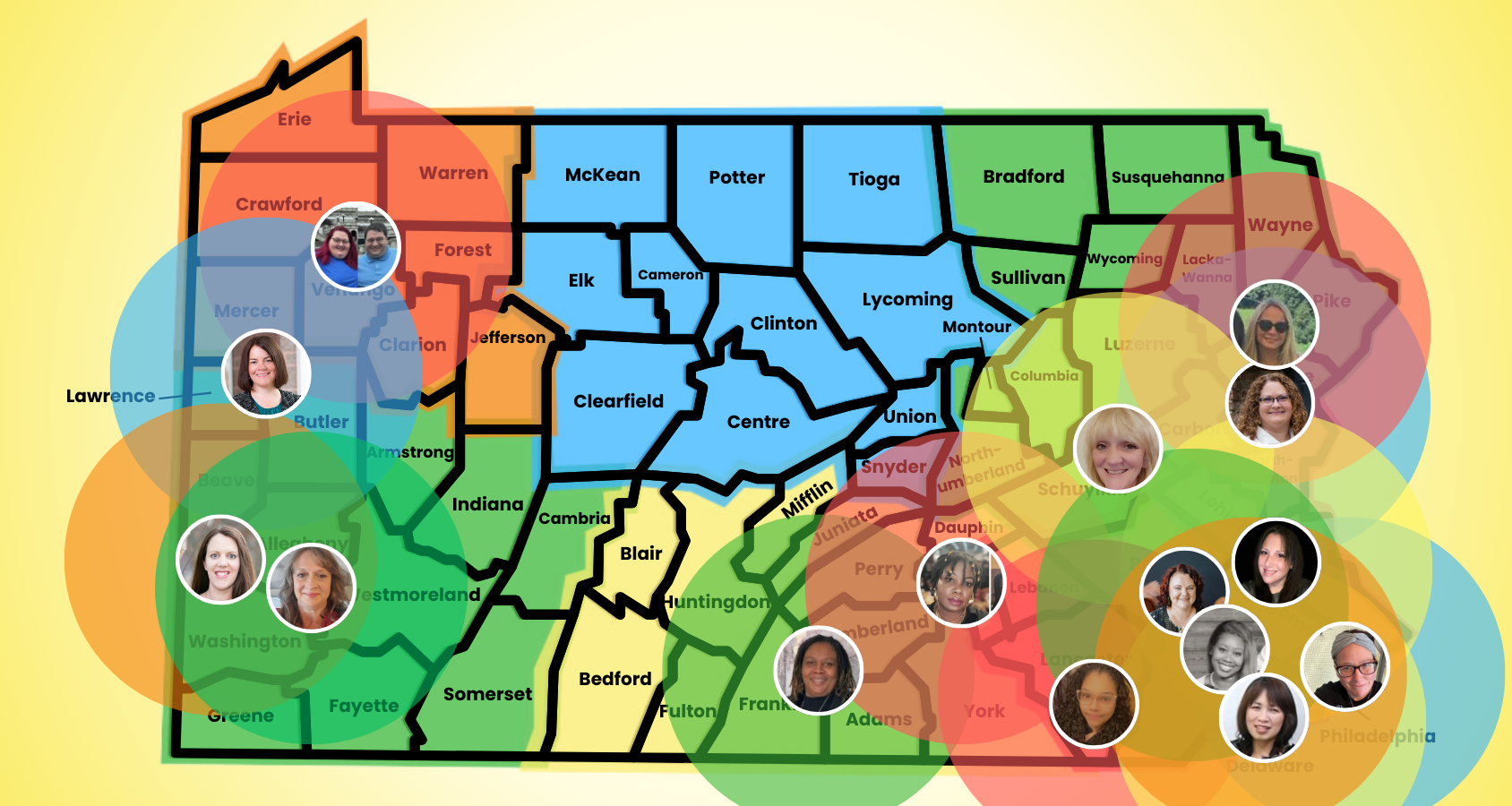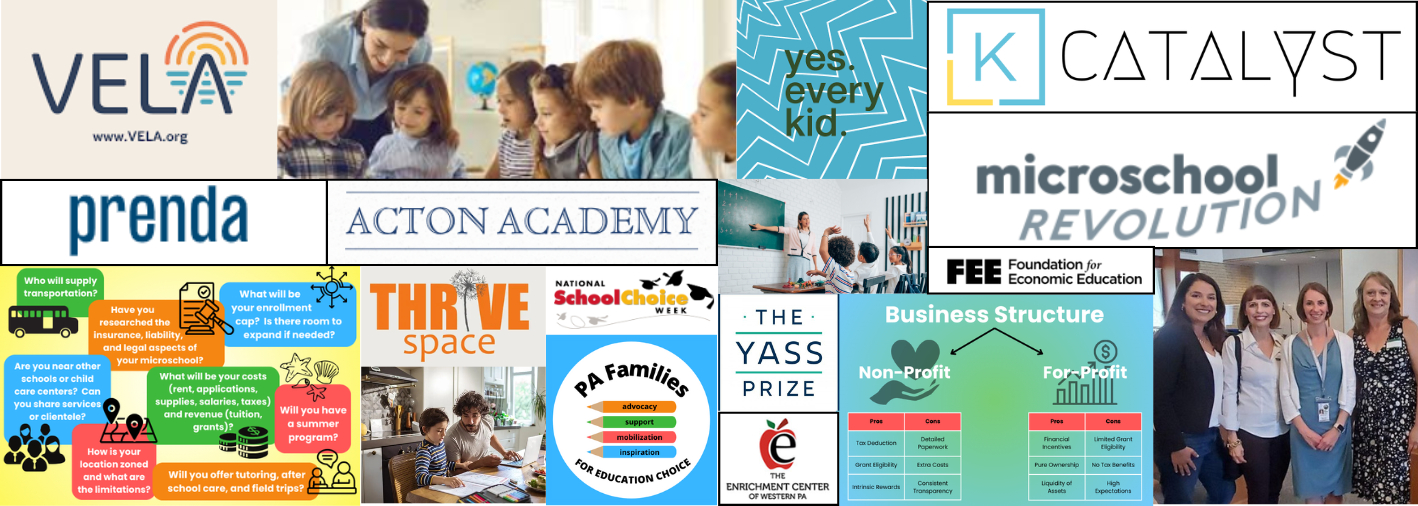The Time to Listen to Families is Now
October 17th, 2021
By Sharon Sedlar
On a daily basis as a mom, I hear a myriad of complaints that all amount to “not fair”. It’s not fair that someone gets more candy, a larger portion of the sandwich, or that someone has to clean up someone else’s mess. The education choice debate reminds me of arguments between my children – I expect better of adults.
The Commonwealth of Pennsylvania serves 1.9 million students, 10.5% of which are charter students and 12.7% of which are private school students. Traditional public schools seem to have no issue with private school, homeschooling and education pod enrollment – as the district still receives all of the student funding for any child residing within its catchment area. Charter schools, however, are a totally different story, as an average of 73% of that child’s education funding follows him or her to the school of choice. And the school districts don’t like that – at all.
Pennsylvania holds the #7 spot in the amount of education funding from all sources provided to districts – federal, state and local. But traditional districts insist that funding is not enough. They want MORE. Various pro-district organizations suggest that an additional $2,000 of state funding per student will set Pennsylvania students on the right path; advancing Pennsylvania to #4 in the US for average funding per student.
If I’m pretending the school district is my child, this is the type of conversation that cycles through my head. “I gave you $18,000 last year. What did you do with that money? Why was it not enough? What do you need more money for? What will you spend it on? Have you researched prices for your future purchase?” If my child responded with “because I need it” without appropriate answers, my answer would be a sound “No”. But somehow, when dealing with this issue, it turns into a fight between the politicians, administrators, teachers, and parents. Who is caught in the middle, scared, alone, and watching? The ones MOST affected but with the least real power to affect systemic change – OUR CHILDREN.
“Not fair” is heard time and time again – it’s even the name of the formula used in the Commonwealth – the Fair Funding Formula. I cannot understand how pro-district organizations advocate for “fair funding” of their districts without acknowledging that fair funding also means, by their narrative, that charter schools should be treated differently. Charter schools already operate on 27% less funding than district schools. Huge district-related associations and organizations, maintaining control of 1.9 million students, are attempting to disparage, control and dismantle an educational choice that serves almost 170,000 students in charter schools, simply because they feel entitled to the funding that follows every non-private schooled student. And to add insult to injury, some legislators want to pass a law that forces children back into the very same district that failed them or caused them harm in the first place because of an elitist view that only traditional district schools can truly determine the “right” educational path for a child.
The exodus from traditional education has been increasing over the years, and due to the small percentage of exiting students, were not of much consequence. However, since 2019, parents have been able to have an inside view to the classrooms and, as in the case of my family, have had real and heart-wrenching conversations about the district environment and academic programming. Some families have elected to remain in a more home-based schooling environment rather than return to district schools. The recent increased attendance at district school board meetings by parents attempting to affect change is a huge sign that district parents in increasing numbers are thinking twice about their child’s educational placement.
Many great districts, charters and private schools exist, and alternatives like homeschooling, education pods, and microschools are becoming more popular. Parents are more aware than ever before of the many quality options from which they may choose; and- being resourceful by design as parents- we aren’t afraid to venture out and create our own solutions.
Fair is a subjective word – what is considered fair to one is likely to be unfair to another. This is what we see playing out in the battle for education choice. Let’s take the word fair out of the conversation, as it serves no purpose other than to divide, and frame the conversation around what it always should have been:
Parents are perfectly and uniquely suited to protect, educate, provide and care for our children and – as is the case today – fight for their education options unabashedly and forcefully. Rather than place educational power over our children in the hands of bureaucrats, school boards and administrators, parents are stepping up and stepping forward to take care of our own. The time to listen to families is now.







